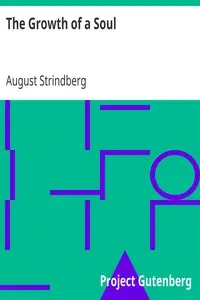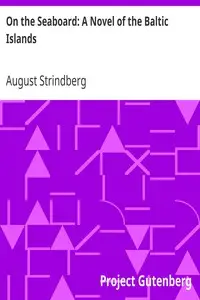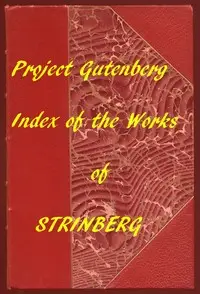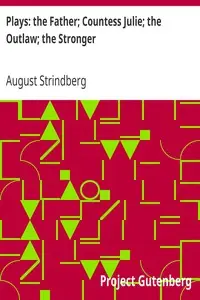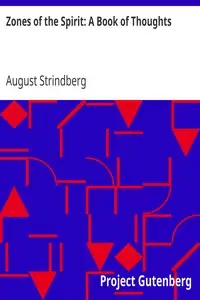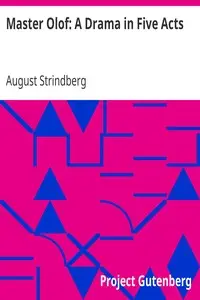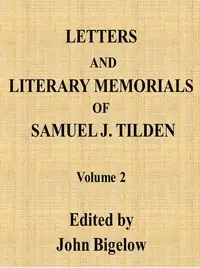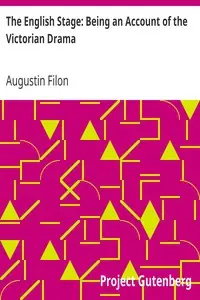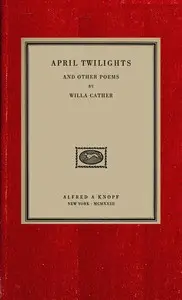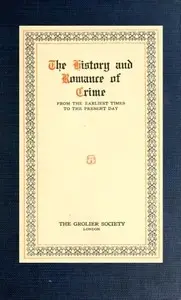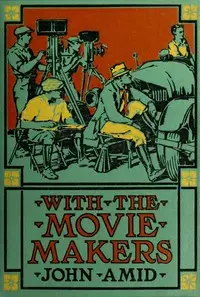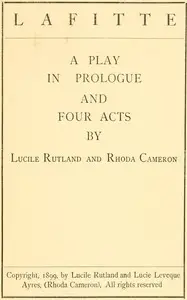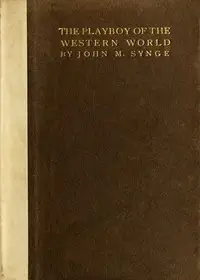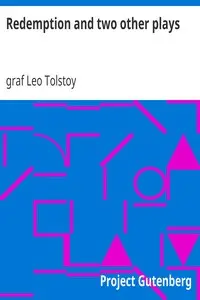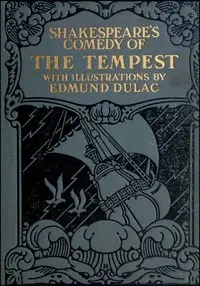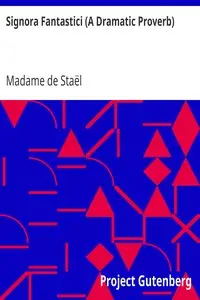"Plays: Comrades; Facing Death; Pariah; Easter" by August Strindberg is a collection of four plays written during the late 19th century. The plays explore complex themes surrounding marriage, identity, and societal norms, particularly scrutinizing gender roles and relationships. Through witty dialogue and intricate character dynamics, the collection addresses the struggles of its main characters, often reflecting Strindberg's own views on feminism and the existential dilemmas of modern life. The opening of the collection introduces the play "Comrades," set in an artist's studio in Paris, featuring Axel, an artist, and his wife Bertha, also an artist, along with their friends Abel and Willmer. The scene opens with a conversation that hints at marital tension and underscores the theme of competition between genders as Bertha expresses the desire to be seen as Axel's equal. As they navigate discussions about artistic ambitions, social expectations, and personal insecurities, the interaction sheds light on the evolving roles of men and women in a changing society. The dialogue foreshadows deeper conflicts regarding ambition, companionship, and the dynamic between independence and dependence within their marriage. (This is an automatically generated summary.)
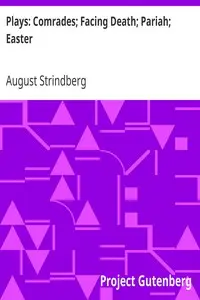
Plays: Comrades; Facing Death; Pariah; Easter
By August Strindberg
"Plays: Comrades; Facing Death; Pariah; Easter" by August Strindberg is a collection of four plays written during the late 19th century. The plays exp...
Johan August Strindberg was a Swedish playwright, novelist, poet, essayist, and painter. A prolific writer who often drew directly on his personal experience, Strindberg wrote more than 60 plays and more than 30 works of fiction, autobiography, history, cultural analysis, and politics during his career, which spanned four decades. A bold experimenter and iconoclast throughout his life, he explored a wide range of dramatic methods and purposes, from naturalistic tragedy, monodrama, and historical plays to his anticipations of expressionist and surrealist dramatic techniques. From his earliest work, Strindberg developed innovative forms of dramatic action, language, and visual composition. He is considered the "father" of modern Swedish literature and his The Red Room (1879) has frequently been described as the first modern Swedish novel. In Sweden, Strindberg is known as an essayist, painter, poet, and especially novelist and playwright, but in other countries he is known mostly as a playwright.

